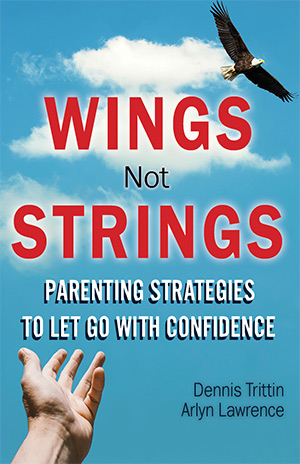4 Ways to Avoid Being Socially Awkward
6/28/2014 11:24:10 PM
Have you ever noticed that there are some people who seem to have it all (good looks, book smarts, sense of humor), but come across as socially awkward in business or social settings?
There have been times that each of us has lost an audience for one reason or another. Whether it is from talking too much about ourselves, excessive detail, arrogance, bad body language, or even an unappealing communication style, we sometimes miss the mark. It’s never fun for the people involved, but the good news is we can reduce the odds and limit the damage when it happens.
Here are four markers of great communicators.
- Great communicators analyze nonverbal cues. By studying your audience’s facial and body language, you will be able to gauge the impression you’re making. If they seem bored or disinterested (their eyes will show it!), raise your enthusiasm level or change the topic to something about them. This brings us to our second point.
- Great communicators are good listeners. No one wants to listen to a 10-minute monologue about your great grandpa’s bubblegum business[DT2] . When talking with others, be sure to engage them in the conversation and ask lots of questions about themselves. (Here, it’s wise to use the 60/40 rule…let the other party do 60% of the talking.) Where did you grow up? How did you meet your spouse? How do you spend your free time? These questions are easy to answer and can take uneasy tension away from a conversation. People love to talk about themselves!
- Great communicators make sure to clarify. Some of the best conversations can get detailed or technical, especially in professional settings. In order to hit the mark, be sure you’re clear and don’t talk over their head. Just because you know what you’re talking about doesn’t mean your audience does. Check in during conversations, or pause and allow time for them to ask questions.
- Great communicators learn from the best. Let’s face it, some people just “get it” when it comes to communicating with others in social and professional settings. Carefully observe them and learn from their secrets. It’s easy and it’s huge! Also, if you’re really feeling insecure about your social skills, ask your BFF how you can come across better. They’re on your side!
Your ability to successfully communicate is a vitally important skill to master. By being sensitive to your audience’s nonverbal cues, listening well, and being a clear communicator, you’ll improve your odds immensely. With these tips, hopefully you will end up not only appearing like you have it all, but communicating like you do, too!
Have you learned how to monitor others’ reactions to you? What do you feel is your best communication asset? Do you have any other personal tips you’d like to share?
As always, please share this email with your followers, friends, colleagues, or the young adults in your life. We’ve all got room to grow!
Tagged as: communication, speaking, life skills, interviews,



















